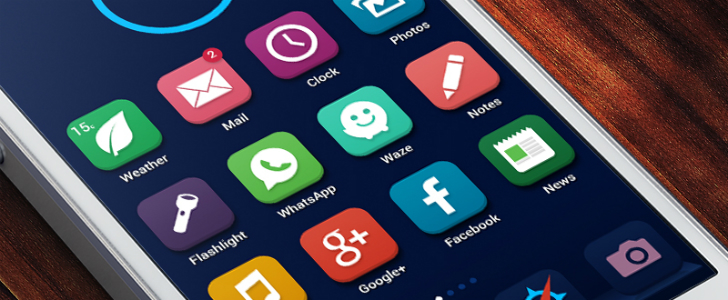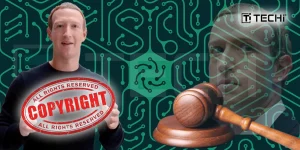Tech fanatics and app developers rejoice: Apple has finally unveiled iOS 8.
At its annual Worldwide Developers Conference, the company touted a plethora of new features for both consumers and developers — most notably, the ability to add widgets to the iOS notification center, customize the system keyboard, and leverage the touch sensor for fingerprint identification.
From the user’s standpoint, it all makes perfect sense. After all, why shouldn’t your device be able to streamline app downloads or remember payment information when processing online orders? For retailers, this update represents a crossroads. These new features have the potential to change the game as the mobile experience becomes more seamless, intuitive, and customizable than ever before.
Here are four disruptions iOS 8 will bring to the mobile retail experience:
1. Efficient Authentication
Imagine being able to make a purchase with the touch of your finger. By providing access to Touch ID, Apple is giving developers the option to integrate “touch to buy” options into their apps.
This simplified purchasing process makes it easy for consumers to store payment information securely on their mobile devices and finalize purchases quickly, which is good news for online retailers.
This new security feature isn’t limited to purchases, though. Any process that requires secure authentication can now be developed, including lowering customer barriers to signing up for a user account.
2. Cross-Platform Customization
Most Android users have long considered widgets the determining factor keeping iOS from overtaking Android. Now that Apple is finally allowing widgets on iOS, developers can take advantage of the opportunity to provide a fully customizable experience on all platforms.
What’s more, iOS’s integration with Mac means that customization won’t be limited to only one device. At Sony’s recent E3 press conference, the company showcased users’ ability to sign up for a new software beta through their mobile app during the conference so the game would be waiting for them on their PlayStation 4 by the time they got home. This is just one example of the seamless experience that’s possible with cross-platform integration.
3. Smart Device Solutions
It won’t be long before our homes are as smart as our phones. With the rising popularity of smart devices such as thermostats, smoke detectors, light bulbs, and appliances, Apple has developed a universal platform for home automation.
The iOS HomeKit uses an iOS device as a centralized hub for all smart gadgets in users’ homes. This is a major selling point for home device retailers, including Belkin and Philips, because it makes their products more intuitive and useful.
4. Anonymous Connections
One hidden feature of the new iOS is the randomization of MAC addresses, which will make traditional retail tracking methods more difficult. Traditionally, retailers would track shoppers who were in (or nearby) their stores using the device’s MAC address as it passed through their Wi-Fi network.
This new iOS feature will render these tracking methods obsolete on iPhones and will prompt a push for the development of more refined processes. Retailers will likely begin integrating tracking features into their own apps, and the increased transparency will allow many users to opt out.
Although iOS 8 doesn’t completely change the game yet, it does open the floodgates for innovative developers to disrupt retail in exciting new ways. It won’t be long before you’ll be able to use your fingerprint in lieu of a credit card, your phone will control your home, and your operating system will extend seamlessly across all devices.
4 iOS 8 disruptions that will make or break retailers




